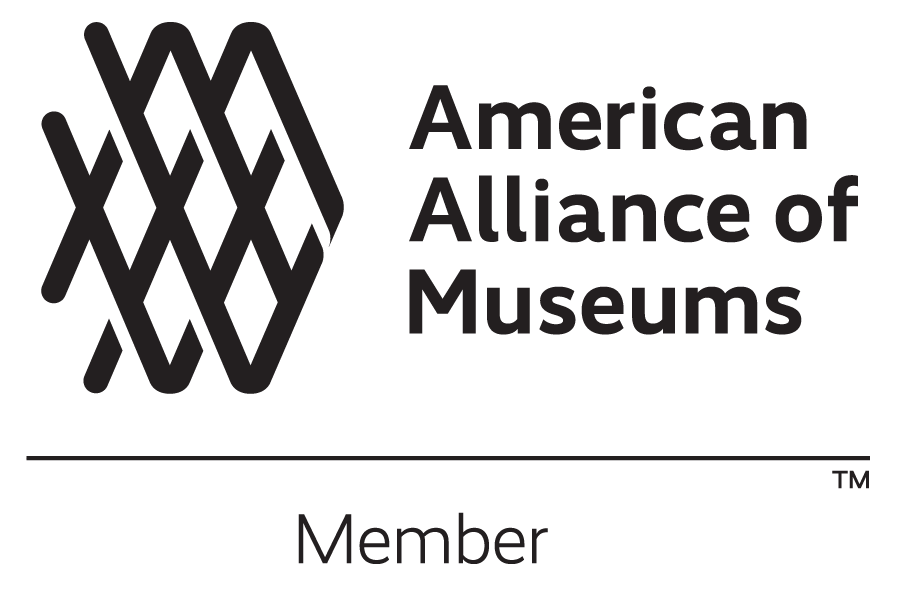Non-Consumption and Homespun Movements
Much like the Sons of Liberty, the Daughters of Liberty formed in response to the tax on imported British goods into the colonies. Unlike the Sons of Liberty, the Daughters of Liberty did not join in on public protests and riots; instead, they focused their political efforts on the affairs of the home, ushering in an outlet for women to participate and protest in public affairs. The group is widely associated with the Homespun and Non-Consumption movements after British Parliament passed the Townshend Acts in 1767, which imposed customs on British glass, paints, lead, paper, and tea. By the mid-eighteenth century, women were a significant force in the American economy. Women controlled household purchases and ran their shops in urban areas; women developed economic power through consumption, which Patriot women chose to exert for political gains.
The Homespun movement focused on creating domestically spun cotton and wool and refusing to purchase imported silks and British spun textiles. During the Revolutionary War, wearing "clothes of your own make and spinning," or "homespun," was a peaceful way to support the Patriot cause. During the war, the Daughters of Liberty organized homespun events, where women gathered to create needed uniforms and blankets for Continental soldiers.
The Daughters of Liberty were at the forefront of the Non-Consumption movement, a political call to boycott imported British goods, most notably tea from the East India Trading Company. On January 31, 1770, the Boston Evening Post published an agreement of over 300 women pledging the boycott of purchasing and drinking tea.




